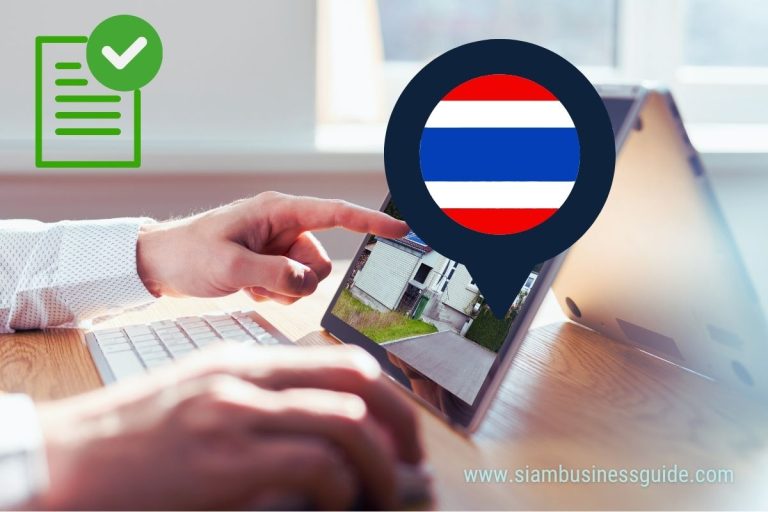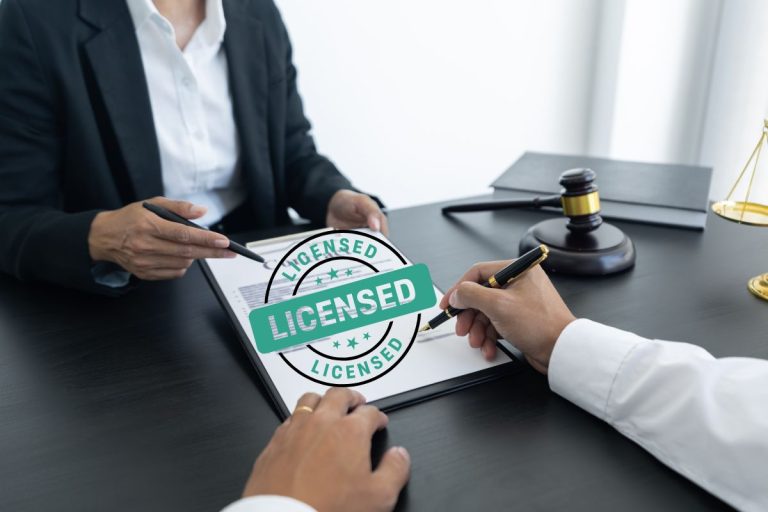How to Register a Company in Thailand: Step-by-Step Guide (2025)
Starting a business in Thailand offers immense opportunities for both local entrepreneurs and foreign investors, thanks to the country’s vibrant economy, strategic location in Southeast Asia, and supportive business environment. However, navigating the registration process can seem daunting due to specific legal requirements and cultural nuances. This detailed guide breaks down the process of registering a business in Thailand into clear, actionable steps, ensuring you can establish your company efficiently and in compliance with local regulations.
Step 1: Choose the Right Business Type
Selecting the appropriate business type is critical, as it impacts taxation, liability, and operational flexibility. The most common business types in Thailand include:
-
Sole Proprietorship: Ideal for small, single-owner businesses. The owner assumes full liability and control but faces fewer regulatory requirements. Best for freelancers or small-scale local ventures.
-
Partnership: Includes ordinary partnerships (shared liability among partners) and limited partnerships (some partners have limited liability). Suitable for collaborative ventures with multiple stakeholders.
-
Limited Company: The most popular option, divided into private limited companies (similar to LLCs) and public limited companies. Private limited companies are favored for their flexibility, limited liability, and ability to attract foreign investment under certain conditions.
-
Representative Office: Designed for foreign companies conducting non-revenue-generating activities, such as market research or liaison work. Restricted in scope but useful for establishing a presence.
-
Branch Office: Allows foreign companies to operate in Thailand but requires compliance with the Foreign Business Act (FBA), which may impose restrictions unless exemptions apply.
For most startups and small-to-medium enterprises, a private limited company is the preferred choice due to its balance of flexibility and legal protection. Foreign investors should note that the Foreign Business Act limits foreign ownership to 49% in certain industries unless a Board of Investment (BOI) promotion or other exemptions are obtained.
Step 2: Reserve Your Company Name
A unique and compliant company name is essential. Submit three name options, ranked by preference, through the Department of Business Development (DBD) online portal or in person at a DBD office. The name must:
-
Be unique and not resemble existing registered names.
-
Avoid restricted words (e.g., those implying government affiliation).
-
Include the suffix “Limited” for private limited companies.
The approval process typically takes 1-3 business days. Once approved, the name is reserved for 30 days, during which you must complete the next steps of registration.
Step 3: Prepare Required Documentation
Proper documentation is crucial for a smooth registration process. The required documents depend on the business type but generally include:
-
Memorandum of Association (MOA): Outlines the company’s objectives, registered capital, and shareholder details. It must be filed with the DBD.
-
Articles of Association: Details the company’s internal governance, including shareholder rights, board structure, and operational rules.
-
Shareholder List: Lists all shareholders, their nationalities, and share allocations. For foreign-owned companies, compliance with the Foreign Business Act is critical.
-
Identification Documents: Thai nationals need a valid ID card, while foreigners require passports and, in some cases, work permits or visas.
-
Proof of Company Address: A lease agreement or property ownership documents for the registered office address.
-
Capital Structure Details: For limited companies, specify the registered capital (minimum 2 million THB for businesses requiring a foreign business license) and share par value.
Foreign investors may need additional documents, such as a non-immigrant visa or BOI approval, depending on the business activities and ownership structure.
Step 4: Register the Company with the DBD
Submit the prepared documents to the DBD within 30 days of name approval. This can be done online or at a DBD office, typically in Bangkok or major provinces. The registration process includes:
-
Filing the MOA and Articles of Association.
-
Paying the registration fee, which varies based on the registered capital (approximately 5,500 THB for every 1 million THB of capital, with a minimum fee).
-
Obtaining a company registration certificate upon approval, typically within 3-5 business days.
Once registered, the company is legally established and receives a unique company registration number.
Step 5: Register for VAT and Obtain a Tax ID
All businesses must obtain a Tax Identification Number (TIN) from the Revenue Department, which is issued upon company registration. If your business is expected to generate annual revenue exceeding 1.8 million THB, you must also register for Value Added Tax (VAT). Key steps include:
-
Submitting the company registration certificate and director’s identification documents.
-
Completing VAT registration within 30 days of reaching the revenue threshold or voluntarily for credibility.
-
Filing monthly VAT returns if registered.
Non-VAT-registered businesses may still need to file income tax returns, depending on their operations.
(It is highly recommended to consult with a local tax advisor to ensure compliance with all tax obligations.)
Step 6: Open a Corporate Bank Account
A corporate bank account is essential for managing finances and ensuring compliance. Most Thai banks, such as Bangkok Bank, Kasikorn Bank, or Siam Commercial Bank, require:
-
Company registration certificate and MOA.
-
Company seal (a rubber stamp used for official documents).
-
Minutes of the first board meeting, authorizing the account opening.
-
Identification documents for all authorized signatories.
Some banks offer accounts tailored for startups or foreign-owned businesses, with features like online banking and multi-currency support. Compare fees and services to choose the best option.
Step 7: Obtain Necessary Licenses and Permits
Depending on your business activities, additional licenses may be required. Common examples include:
-
Foreign Business License (FBL): Mandatory for foreign-majority-owned businesses in restricted sectors under the Foreign Business Act.
-
Specific Industry Licenses: Required for sectors like food and beverage, tourism, or manufacturing.
-
Work Permits: Foreign directors or employees must secure work permits, typically tied to a non-immigrant B visa.
The Board of Investment (BOI) offers incentives, such as tax exemptions and relaxed foreign ownership rules, for businesses in promoted industries like technology, agriculture, or renewable energy. Check eligibility on the BOI website.







